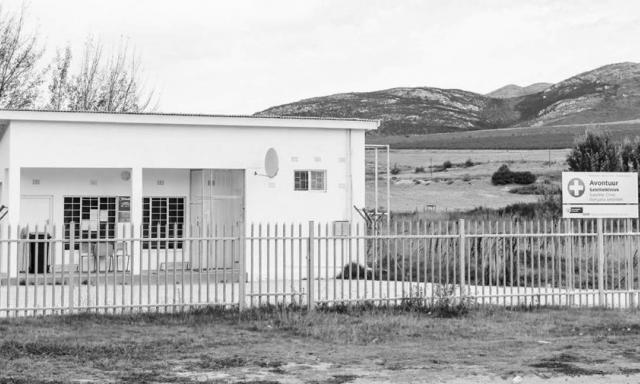

 Article
Article

 Energize the Chain saves lives by keeping vaccines at temperatures necessary for efficacy. It’s a leading public-private partnership improving communities around the world.
Energize the Chain saves lives by keeping vaccines at temperatures necessary for efficacy. It’s a leading public-private partnership improving communities around the world.

Insights from
Written by
The Darden School of Business’ Institute for Business in Society partners with Concordia and the U.S. Department of State Secretary’s Office of Global Partnerships to present the annual P3 Impact Award, which recognizes leading public-private partnerships that improve communities around the world. This year’s award will be presented at the Concordia Summit 19–20 September 2016. The five finalists will be highlighted on Darden Ideas to Action on Fridays leading up to the event.
The Partnership: Energize the Chain
The Partners:
The Social Challenge: Health and Sanitation
Vaccines must be refrigerated between 2 and 8 degrees Celsius during transport and storage or else their effectiveness is compromised. In many parts of the developing world, insufficient refrigeration due to limited access to reliable power prevents the delivery of effective vaccines to remote populations. As a result, more than 1.5 million children under the age of 5 die every year of vaccine-preventable diseases.
The Idea and the Action: Recognizing the critical need for a safe, effective method of vaccine transport to remote populations, Energize the Chain (EtC) partnered with cell phone tower owners and operators, ministries of health, and like-minded nongovernmental organizations to strengthen and extend the temperature-controlled supply chain, or cold chain, for vaccines. By tapping into the power, distribution and connectivity available at remote cell phone towers — which are ubiquitous even in regions considered “off-grid” — EtC is able to provide the energy, data and communications necessary to monitor a robust vaccine cold chain.
The Impact: Over the past three years, EtC has successfully transported or administered over 500,000 vaccines in Zimbabwe, where the partnership has installed over 300 sites, and is now expanding in Ghana with plans for additional country rollouts. Not only does the EtC model save lives through the vaccinations, it also impacts communities with the indirect benefits of creating opportunity for economic, social, political and moral growth.
The Faculty Insight:
Managing a supply chain for nonperishable goods in developing countries is difficult enough — the logistics infrastructure is often nonexistent — before even worrying about the fact that perishable goods, including vaccines, must be maintained at a certain temperature in order to maintain their effectiveness. Yet studies show that as many as 76 percent of providers are not able to meet the guidelines that maintain the vaccines’ efficacy.[i]
The root cause of the problem seemed to be the lack of electricity to power refrigerators to keep the vaccines at the proper temperature. Yet developing countries do have electricity — electricity to power cell phone towers. Through its innovative program, EtC partners with cellular providers to piggyback on the electricity at these towers to power vaccine refrigerators. Setting these storage locations near rural health clinics maintains the vaccines at the proper temperatures and allows them to be administered to children at the appropriate efficacy.
EtC, through the power of innovative thinking and root-cause problem-solving, has been able to save uncounted numbers of children who would have died unnecessarily.
[i] Umit Kartoglu & Julie Milstien (2014) “Tools and Approaches to Ensure Quality of Vaccines Throughout the Cold Chain,” Expert Review of Vaccines, Vol. 13, No. 7, pp. 843-854, DOI: 10.1586/14760584.2014.923761
Weiss is a top authority in many aspects of manufacturing, including inventory control, manufacturing planning and scheduling, manufacturing project management, materials management, service industry operations, total productive maintenance and lean systems.
Weiss is the author of numerous articles in the areas of production management and operations research and has extensive consulting experience for both manufacturing and service companies in the areas of production scheduling, workflow management, logistics, lean conversions and total productive maintenance.
B.S., B.A., MBA, Ph.D., University of Pennsylvania
Energize the Chain: A Public-Private Partnership